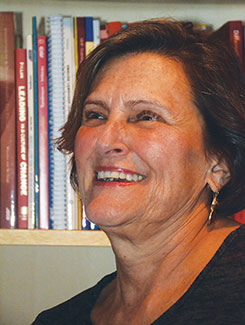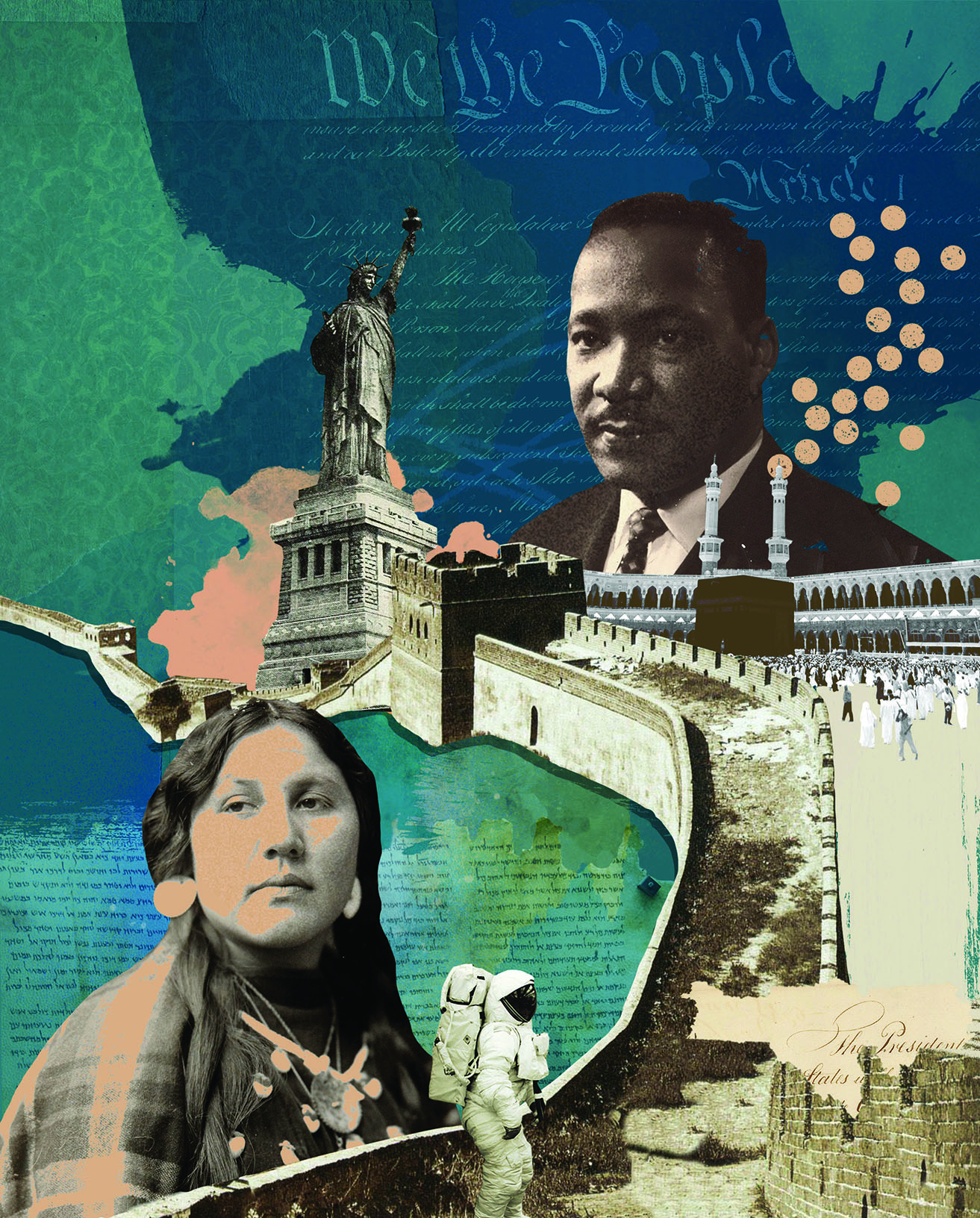 DEGREES: B.S. in psychology; M.Ed. in curriculum and instruction, University of Vermont; Ed.D. in educational administrative practice, Teachers College, Columbia University
DEGREES: B.S. in psychology; M.Ed. in curriculum and instruction, University of Vermont; Ed.D. in educational administrative practice, Teachers College, Columbia University
JOB TITLES: Executive director, Better Outcomes LLC and Better Outcomes Research; senior research professor and faculty coach, King Graduate School, Monroe College
FAVORITE TRINITY MEMORY: Walking on the Long Walk, each time, in every type of weather, at any time of day. It always filled me with awe in its beauty and history.
What is the focus of your research? The purpose of my research is to learn what works in high-poverty public schools where students in poverty do well and to share these best practices with schools where students in poverty struggle. Ultimately, I hope this study will begin to break the cycle of poverty and poor school performance and combat prejudice that can arise from this cycle. I identify public elementary and middle schools with the highest performance of students in poverty and then interview leadership, asking them to what they attribute their achievement. Coding my interview notes, I am able to identify which strategies or mindsets are mentioned most frequently as keys to a school’s success with this vulnerable population. I share the results of my research openly on my website and at an annual leadership conference, “Beating the Odds, Building Opportunities for Students in Poverty,” at which some of the identified schools share their strategies in breakout sessions.
What led to your interest in this area? Having worked in both high-poverty and high-income schools, I realized my heart was with those schools where what happens at school makes the true difference for a student. I read success stories of turnarounds in high-poverty schools that went from low to high performing and came to a frightening and yet awesome realization: if anyone can do it, anyone can do it. This was frightening because it filled me with an urgent sense of responsibility and awesome because it meant that it was possible and that we are powerful! Having turned around two schools in Vermont, I moved to New York State. I determined that I needed to study how to break the cycle of poverty and poor academic performance systemwide instead of working school by school. With backing from Trinity alumna Mary D. Haskin ’78, I embarked on my project to learn what those schools that are successful with this vulnerable population in New York State are doing.
How does your background in education help you in your role? I could not do my work with such passion without my education, my experience in such a wide variety of schools, and the reading I have done. I also have had the invaluable support of mentors, colleagues, friends, and family. My life overall has been a gift of hundreds of tiny aha moments that altered my thinking and broad, sweeping experiences ranging from living on a dirt road in Vermont; in Paris; and in Djibouti, East Africa!
What do you enjoy most about your work? I love speaking to the principals I interview. These leaders are inspiring! While each is different, common attributes include a relentless commitment to giving students in poverty the learning and opportunities they deserve, a strong sense of focus, a strong sense of what is both possible and necessary, respect and gratitude for the staffs with whom they work, a sense of humor, and a love of their students. I am excited to plan the next phase of the research, on high schools, that will begin next year.
Did you have a professor at Trinity who was particularly influential? Dr. Michael Sacks was my professor of urban planning and development. He opened my eyes to a way of thinking about systems and about how planning affects people. I think about the concepts I learned in that class frequently, and they help me to make sense of how things work and what it takes to make them work well. Thanks to Dr. Sacks, I would have gone into city planning had I not gone into education!
What was the most memorable course you took at Trinity? My most memorable course was Japanese history. This was my freshman seminar, and all participants in that course were housed together in Jones Hall. Attending this class with people on my dorm hall made it a wonderful connector to college life, and the seminar was a deep exercise in critical thinking, valuing a culture I had known nothing about, and in supporting one another on the dorm.
